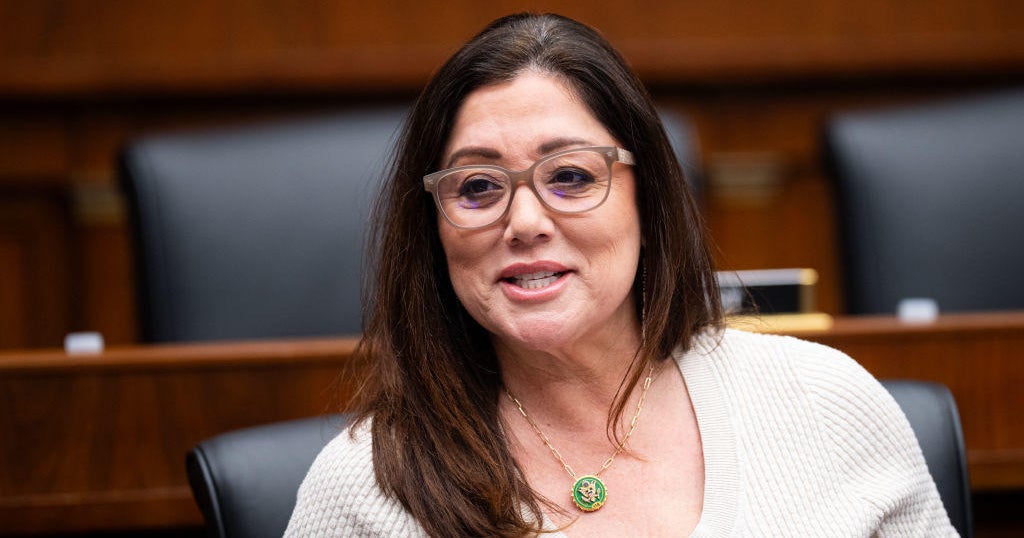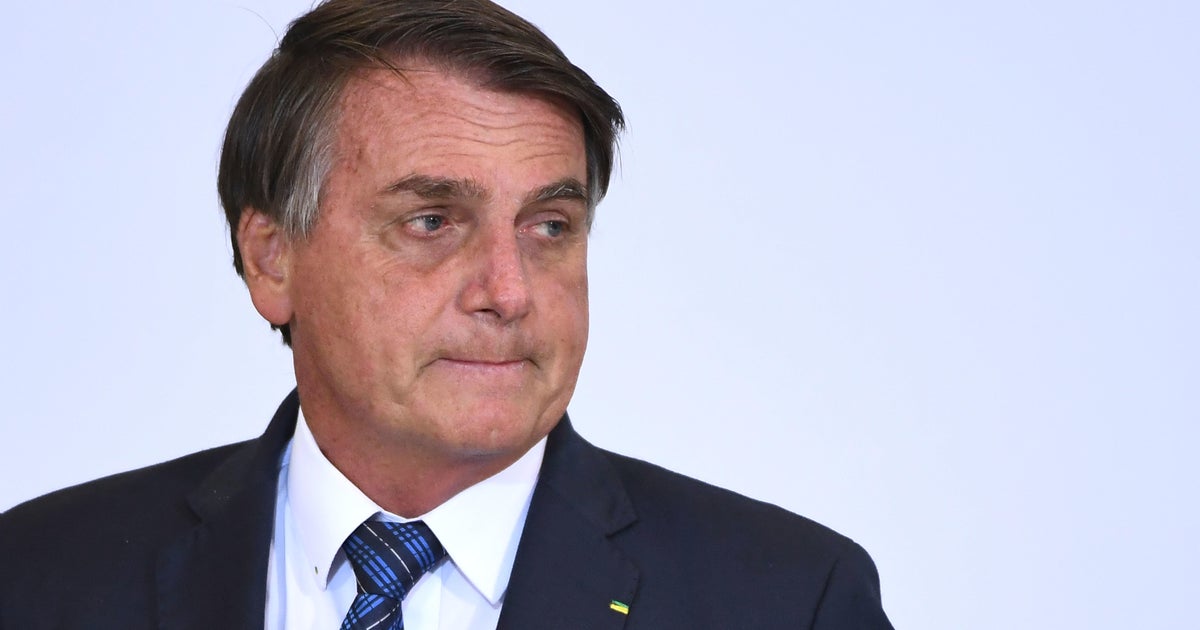Judge says former White House counsel Don McGahn must appear before Congress
Washington — A federal judge's decision on Monday means more ex-White House officials may have to testify in the impeachment inquiry against President Trump.
U.S. District Judge Ketanji Brown Jackson ruled that former White House counsel Don McGahn must comply with a subpoena to appear before the House Judiciary Committee. The Justice Department, however, said it will appeal the ruling and seek a stay pending the appeal. White House press secretary Stephanie Grisham said the ruling "contradicts longstanding legal precedent established by Administrations of both political parties."
In her opinion, Jackson wrote that "this Court holds that Executive branch officials are not absolutely immune from compulsory congressional process — no matter how many times the Executive branch has asserted as much over the years — even if the President expressly directs such officials' non-compliance."
She continued, "That is to say, however busy or essential a presidential aide might be, and whatever their proximity to sensitive domestic and national-security projects, the President does not have the power to excuse him or her from taking an action that the law requires."
Jackson did, however, open the door for McGahn to "invoke executive privilege where appropriate" during his testimony.
McGahn's lawyer said he will comply with the ruling unless it is stayed.
Read the ruling here
"Now that the court has ruled, I expect him to follow his legal obligations and promptly appear before the Committee," said Jerry Nadler, chairman of the Judiciary Committee, in a statement.
House Democrats sued McGahn in August after he followed White House orders to not testify about his involvement in the Mueller investigation. The White House claims that Mr. Trump's senior advisers have "absolute immunity" from congressional subpoenas.
Other former administration officials have ignored requests to testify in the impeachment inquiry, notably, John Bolton, Mr. Trump's former national security adviser, and Charles Kupperman, Bolton's deputy.
The House Judiciary Committee had requested an expedited ruling from Brown, arguing there was an "urgent need" for McGahn to testify in the impeachment inquiry, which is "quickly progressing." The committee also said that "recent evidence produced in the criminal proceedings against former Trump campaign adviser Roger Stone indicates that President Trump may have provided false statements in his written answers to the Special Counsel's office."
Special counsel Robert Mueller investigated Russian meddling in the 2016 presidential election and listed in his report earlier this year instances when Mr. Trump might have obstructed justice, although he did not make any determinations about whether the president had actually committed obstruction. For instance, Mr. Trump directed McGahn to fire Mueller. He refused.
Because the case was expected to be appealed, it's unclear whether the House will wait for testimony from McGahn, Bolton and Kupperman. On Sunday, House Intelligence Committee Chairman Adam Schiff told CNN that the House is "not willing to ... stall this proceeding when the facts are already overwhelming." He said, "we're going to continue our investigation." Furthermore, many Democrats want to wrap up the impeachment inquiry before the presidential primaries begin in February.
In recent weeks, the public watched 12 witnesses appear before the House Intelligence Committee. Now, the House Judiciary Committee must decide whether there's sufficient evidence for a full House vote to impeach Mr. Trump. The decision about whether to remove him from office, however, is up to the Senate, which would hold a trial overseen by the Supreme Court's chief justice. Senate Majority Leader Mitch McConnell doesn't expect a potential trial until after Christmas.
The impeachment inquiry was launched by House Democrats after Mr. Trump allegedly pursued a politically charged quid pro quo. He is accused of withholding U.S. military aid and a White House visit from Ukraine, unless Ukraine's president announced investigations into his political rivals.
Earlier this month, the Justice Department's Office of Legal Counsel argued that Mr. Trump's closest advisers "serve as his alter egos," so compelling their testimony would "undercut the 'independence and autonomy' of the Presidency." In the week after the Justice Department drew that conclusion, the number of witnesses who refused to testify in the impeachment inquiry more than tripled.
Clare Hymes contributed to this report.




